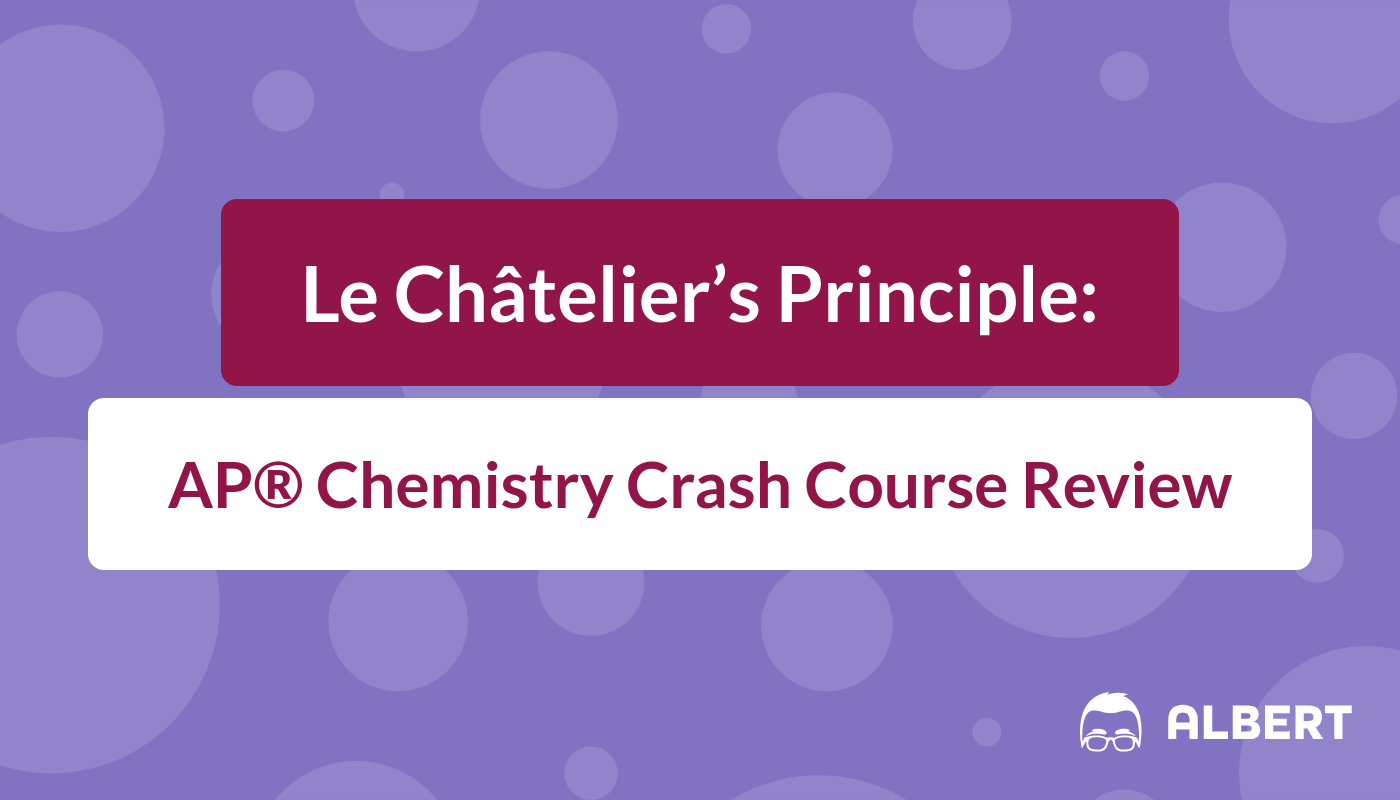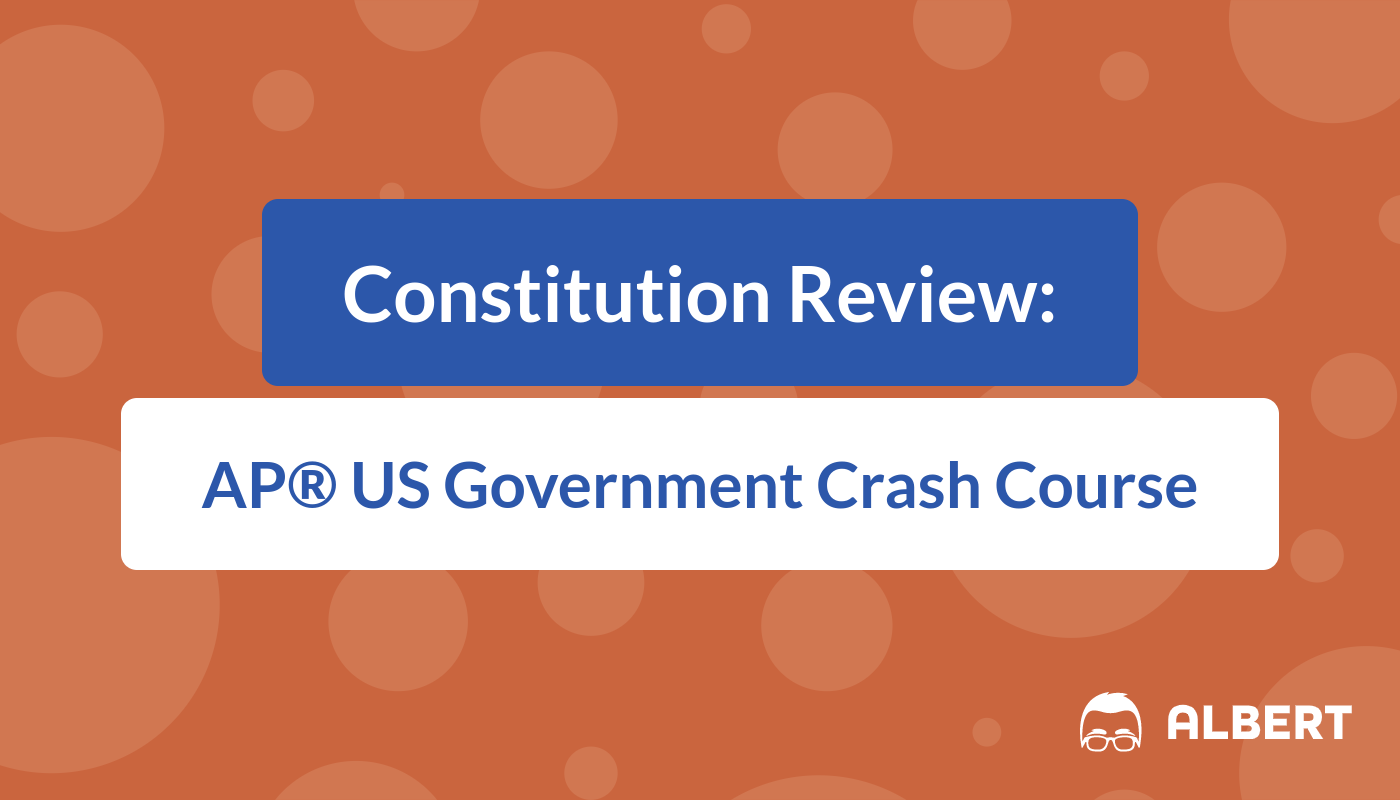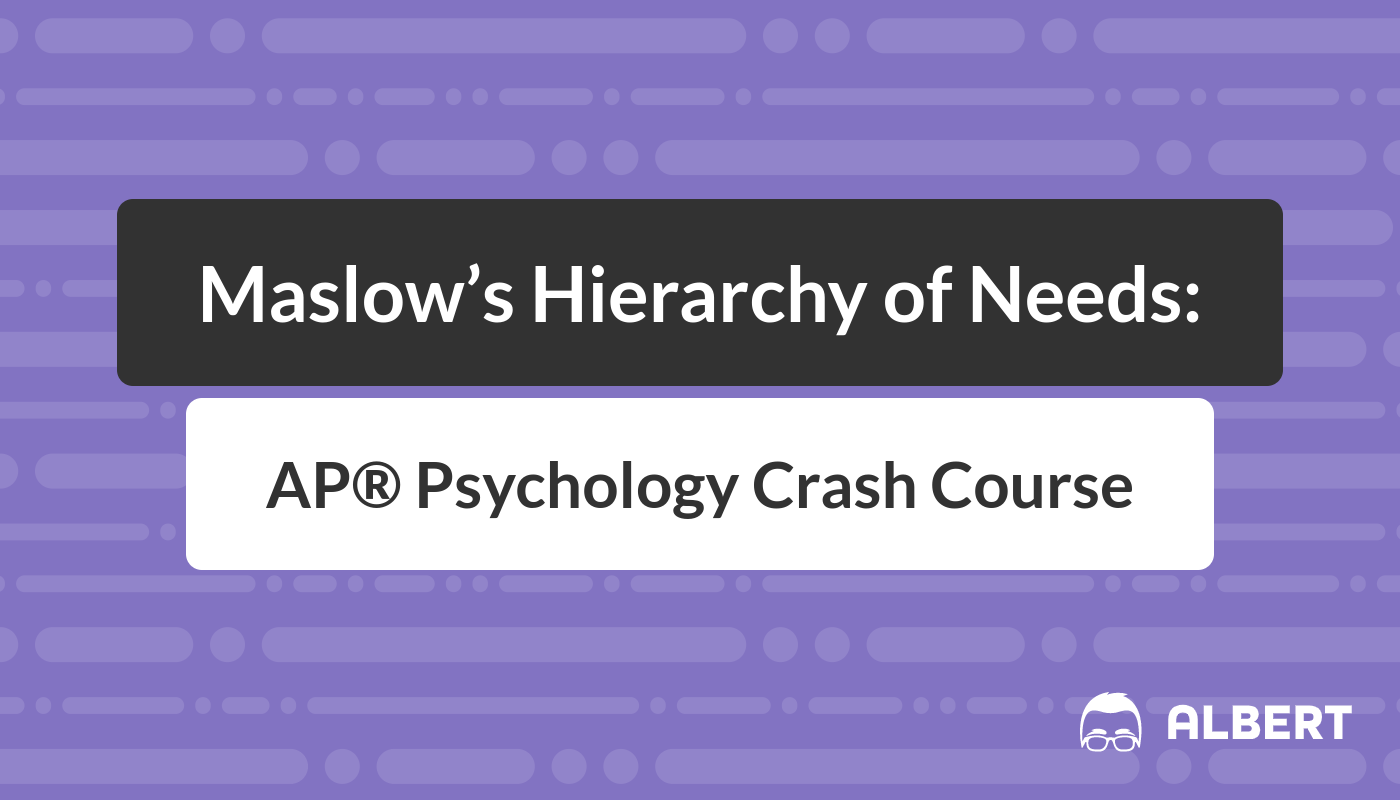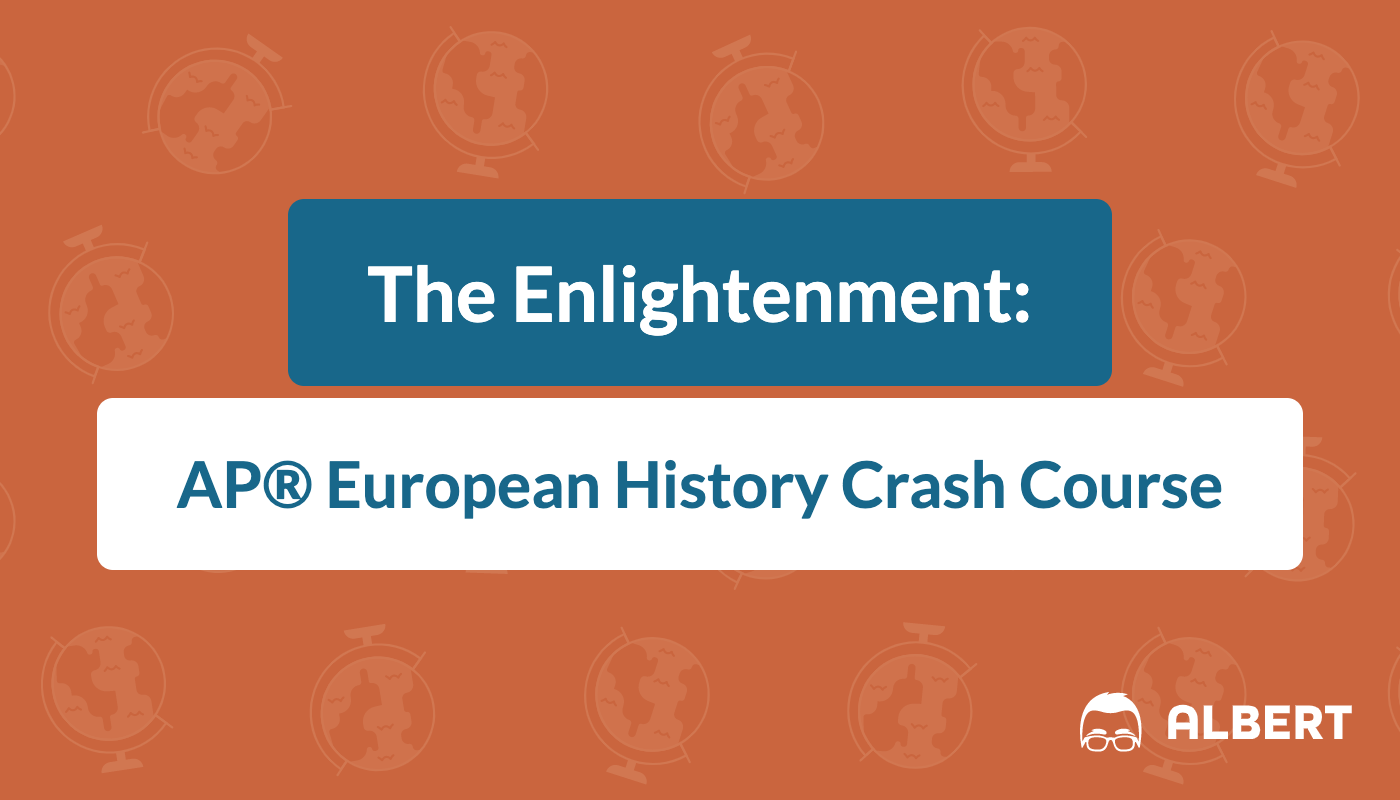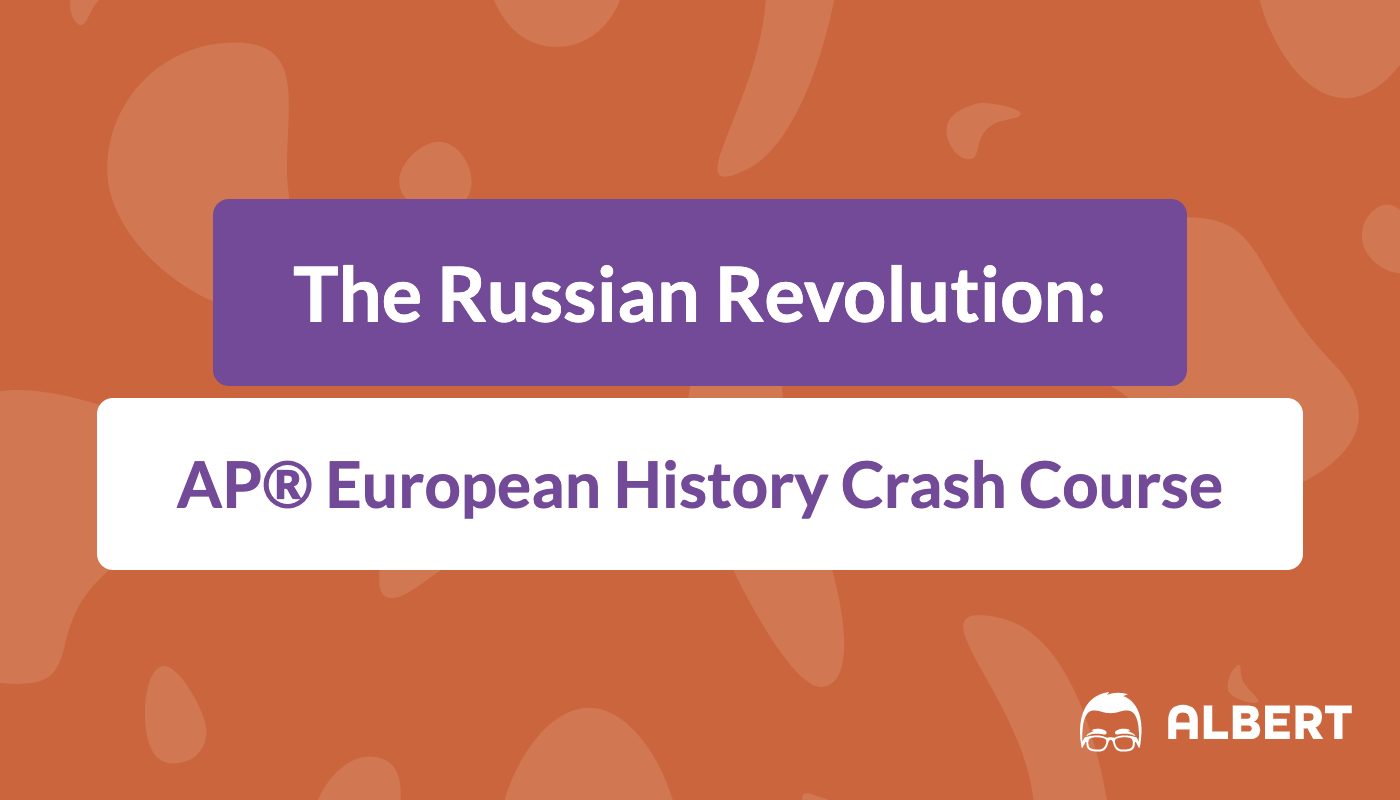How to Study for AP® US Government
In 2015, 280,000 students took the AP® US Government Exam. How did they do? While the encouraging news is that 48.1% of students passed with a 3 or higher, only 23.4% passed with a 4 or 5. The lack of success at the four and five level is somewhat remarkable since many consider the AP® US Government Exam to be one of the easier exams! One of the best AP® US Government tips is simple- you need to understand that the exam is broken down into two major sections (what to expect) and how to answer the questions in the Free Response Section (what to do).





